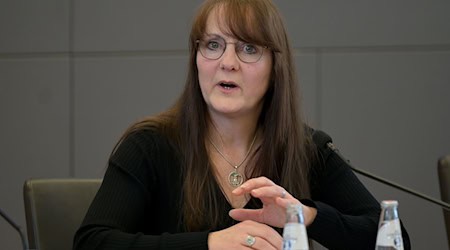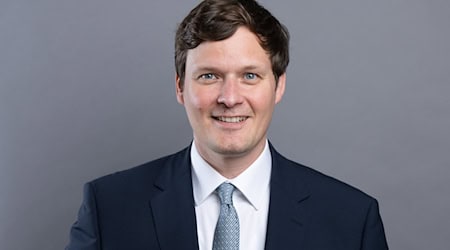According to Leipzig psychologist Fiona Kalkstein, the major parties in Germany are not powerless in the face of the AfD's rise. "The AfD is not a sure-fire success. We shouldn't get used to their success and think that nothing can be done about it," said the Leipzig University researcher in an interview with Deutsche Presse-Agentur.
She cited social measures as an example. There are still special conditions in eastern Germany in particular. "The East is still structurally weak, crises are more severe here than in the West. This makes people susceptible to authoritarian conditions." However, these conditions are now increasingly becoming a reality in the West as well.
After the state associations of the AfD in Thuringia and Saxony-Anhalt, the party in Saxony was also classified as a confirmed right-wing extremist movement by the Office for the Protection of the Constitution last week. However, the party's development does not deter voters, said Kalkstein, who, as deputy director at the Else Frenkel Brunswik Institute at Leipzig University, primarily researches anti-democratic attitudes. "The more right-wing extremist the AfD has become, the more successful it has been. We have no deterrent effect at all, rather the opposite. You could almost say that right-wing extremism is a recipe for success for the AfD."
According to Kalkstein, the current authoritarianism study by Leipzig University also shows that AfD voters are often less right-wing extremist than the AfD itself. "There are different motives for voting for this party. There doesn't have to be one hundred percent ideological agreement." In the meantime, the AfD is no longer a special East German issue; in Bavaria, it became the third strongest party in the state elections and came second in Hesse. "But it has been most successful in the east."
Kalkstein does not want to talk about a defiant reaction on the part of east Germans. Such a formulation would not be taken seriously by voters. However, a lot had already been missed in the East German states in the 1990s - when right-wing structures were developing. "They failed to do anything about it at an early stage. People here didn't suddenly become right-wing extremists, the problem has existed for three decades. It only became a social issue a few years ago. People have been given time to accept the right as normal. Now we are faced with a shambles."
Fiona Kalkstein hopes that the AfD's successes will not become the norm. Something needs to be done to counter the trend. "There are research findings that indicate what the cause is. We need to tackle the structural and social causes. I still lack the determination to do so." There is no point in copying AfD topics. People usually vote for the original. If the AfD breaks with democratic conventions, the other parties should also make this clear. "Being a democratic party and being democratically elected are two different things."
Copyright 2023, dpa (www.dpa.de). All rights reserved










